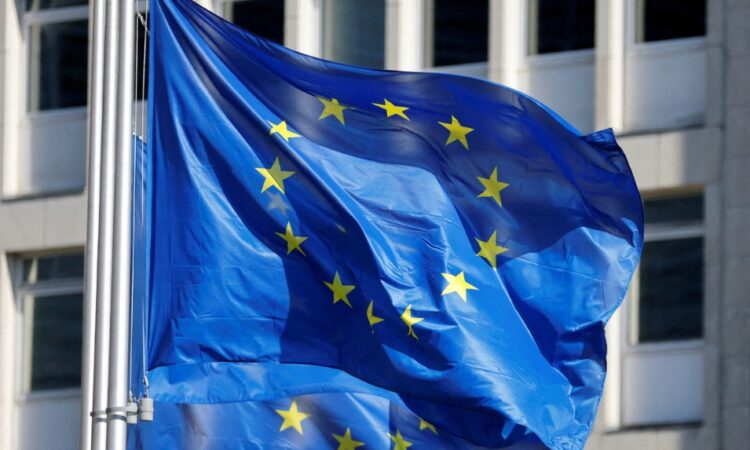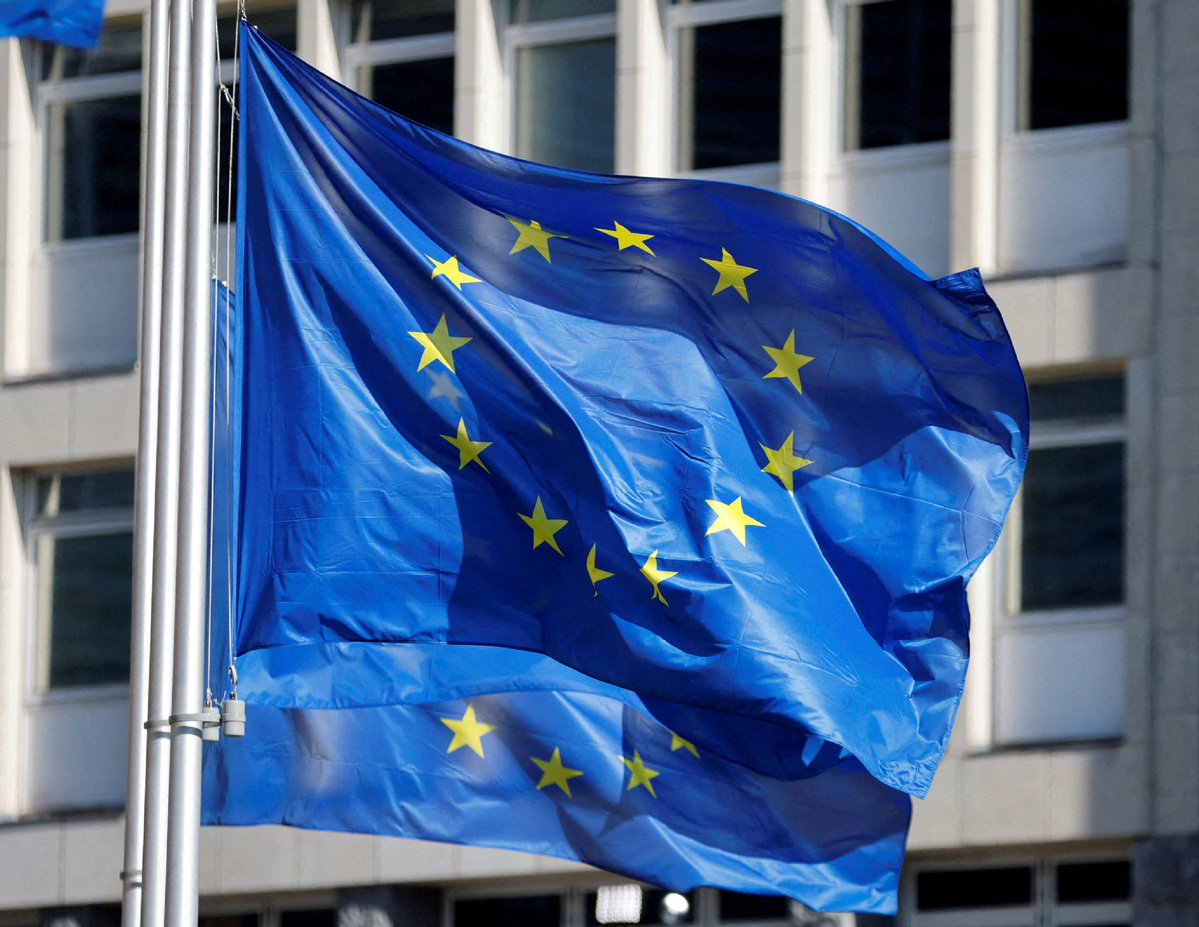

The European Commission put forward several proposals for deliberations among members of the European Union on Wednesday to strengthen the bloc’s economic security.
Although the commission does not name the countries these measures are intended for, China, Russia and even the United States are widely believed to be among those that the EU seeks to prevent from “hurting” its economic security.
The measures related to trade are thought to be the ones that will directly reshape the EU’s economic relations with its major trading partners.
The steps include improving the screening of foreign investments in the EU to prevent investments that may pose a risk to the EU’s security; having a more coordinated approach to the EU’s exports of dual-use goods — goods that can be used for both civil and military purposes — to ensure they do not fall into the wrong hands; and understanding the potential risks associated with certain EU investments abroad.
The commission is also looking into ways to support research and development in technologies which can be used for different purposes, and at how to enhance research security across the EU.
This package follows up on the European Economic Security Strategy enacted from June 2023, reflecting the EU policymakers’ rising concerns over the challenges the growing geopolitical tensions and profound technological shifts pose to the bloc’s economic security.
Although many major economies share these concerns and are mulling over similar measures as well, most of them act with great prudence when it comes to the implementation of these moves in the fear that any overreach might turn the measures into restrictive, protectionist and discriminatory actions hurting normal foreign investment and partners, and thus their own interests.
With an annual growth of just 0.6 percent in 2023, the eurozone may have already been in recession in the second half of last year. In comparison, the economic performance of China and the US is much better. That being said, if the newly proposed measures further complicate the procedure for normal investment, trade and research cooperation, they are very likely to do a disservice to the EU’s already weak economic fitness.
It is a pity that the commission stopped short of defining the criteria for the EU members to evaluate and finally determine what investments, research and trading activities pose security threat to the EU’s economy. That ambiguity creates a large murky space for the implementation, if not misuse, of the measures. So it remains to be seen whether these proposals can pass the bloc’s internal deliberations, and if so, to what extent they will realize their intended objectives in practice.






